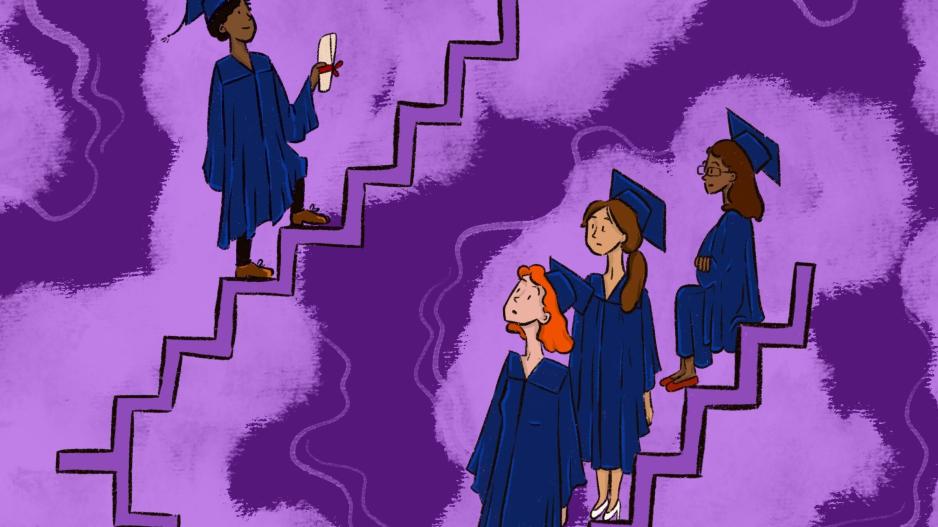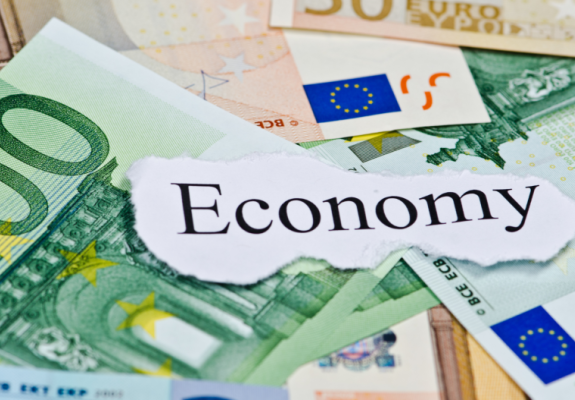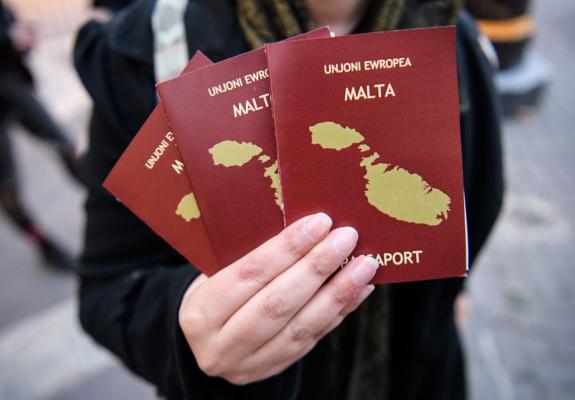Gender Equality Still 134 Years Away, Study Reveals
Despite Minimal Progress, Global Efforts to Close Gender Gap Remain Slow
Five whole generations will be needed to close the gender gap at the current pace, according to a new study.
According to the published data, the world has managed to close 68.5% of the gender gap, with a global improvement of just 0.1 percentage points compared to last year.
Specifically, the Global Gender Gap Report 2024, released a few days ago, reveals that at the current rate, it will take another 134 years—equivalent to five generations—to achieve full gender equality. Last year’s measurement indicated 131 years.
In its new report, the World Economic Forum (WEF) states that global gender inequality decreased marginally over the past year, though this reduction occurred at a slower pace than in previous years. However, according to the WEF, the 2024 election year presents a unique opportunity to make progress on this issue.
The sweeping election cycle happening in much of the world this year could reduce the gender gap by boosting women’s political representation. “We cannot wait until 2158 for equality. The time for decisive action is now,” said Saadia Zahidi, Managing Director of the WEF.

The WEF’s Global Gender Gap Report, now in its 18th year, is an annual index designed to measure gender equality. It records and compares the gender gap in economic participation and opportunities, educational attainment, health and survival, and political empowerment.
Political empowerment remains an area with significant disparities. However, as CNBC highlights, with about 50% of the global population eligible to vote in numerous elections this year, it is also an area with considerable potential.
Regarding gender equality among countries, Iceland is considered the country with the greatest equality for the 15th consecutive year and the only country that has closed 93.5% of its gender gap. Following Iceland are Finland, Norway, New Zealand, Sweden, Nicaragua, Germany, Namibia, Ireland, and Spain. Overall, these ten countries have closed at least 80% of their gender gaps.
Europe continues to lead on a regional level, with a gender equality rate of 75%, slightly ahead of North America, which has closed 74.8% of its gap. Latin America ranks third with 74.2% and has shown the most significant improvement compared to any other region. In East Asia and the Pacific, the rate reaches 69.2%, slightly ahead of Central Asia (69.1%), Sub-Saharan Africa (68.4%), and South Asia (63.7%). The Middle East and North Africa are in the last place, with 61.7%.






